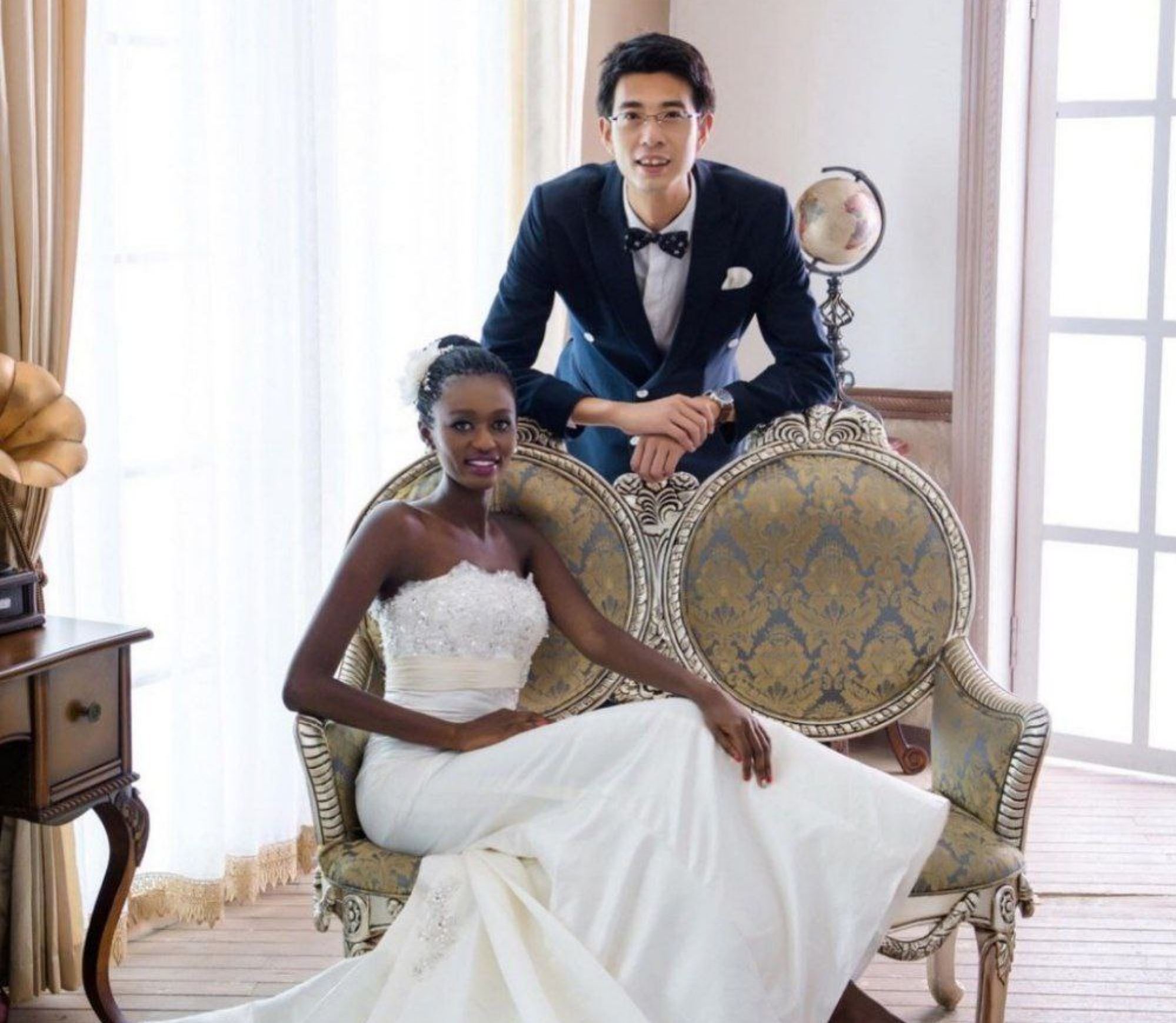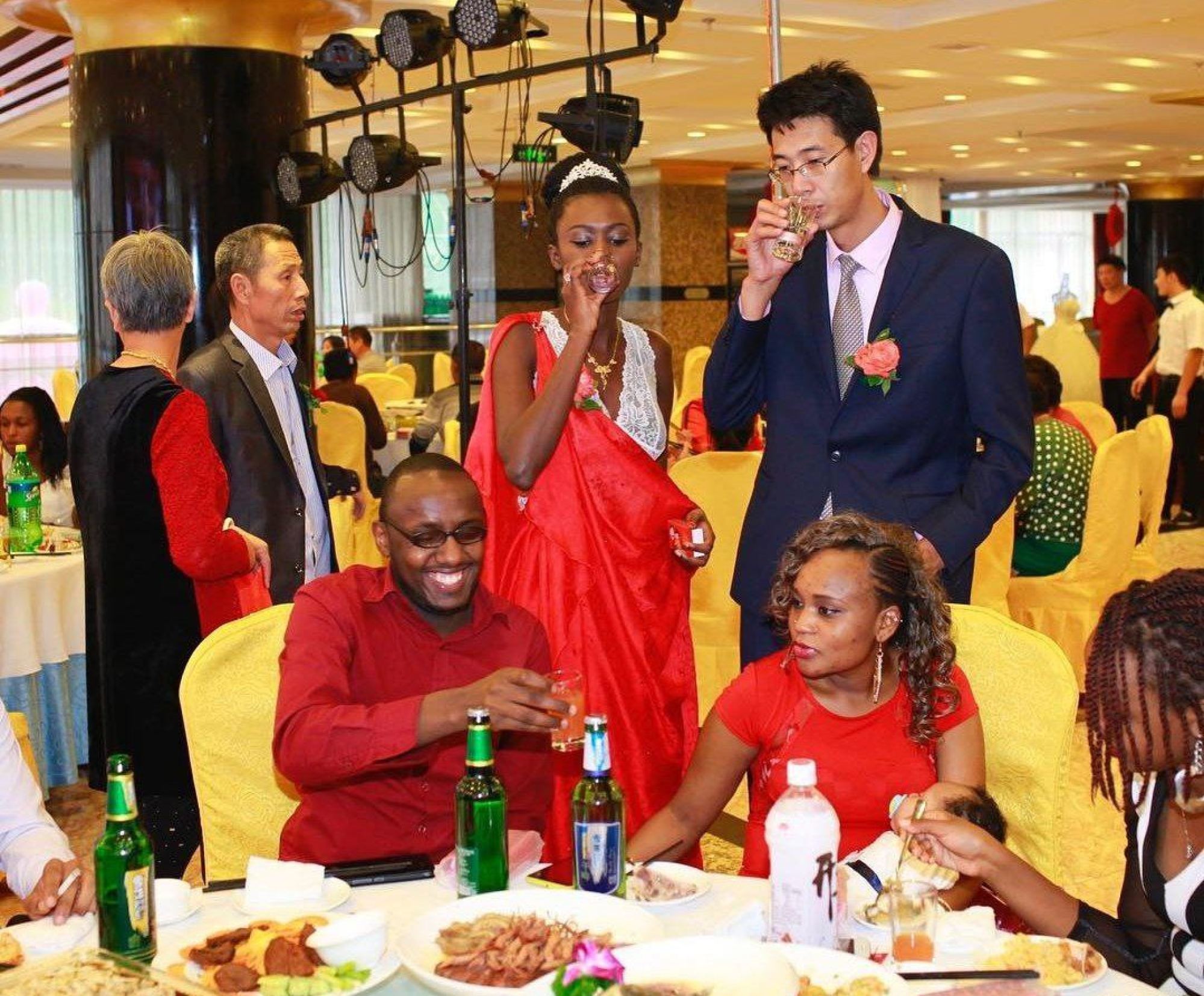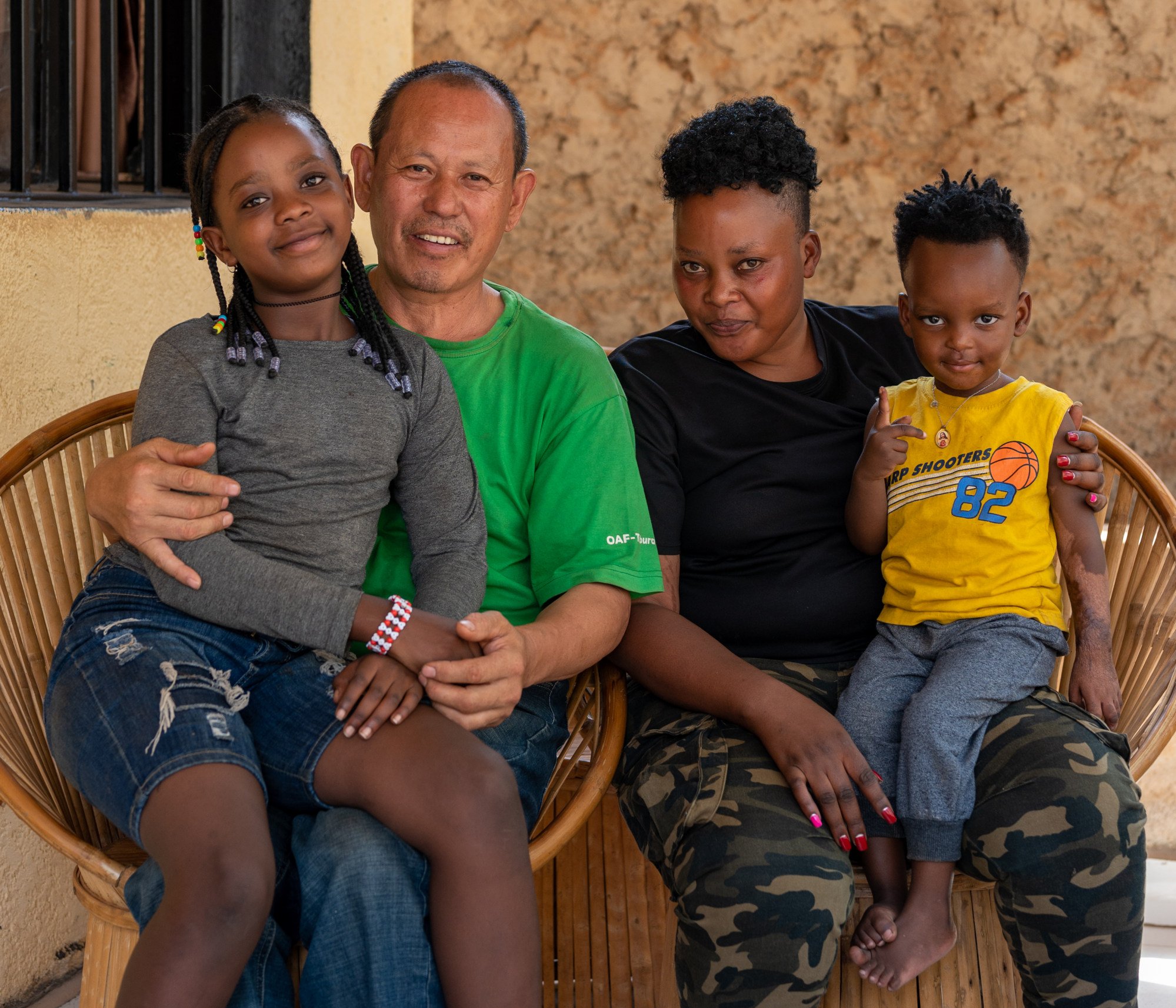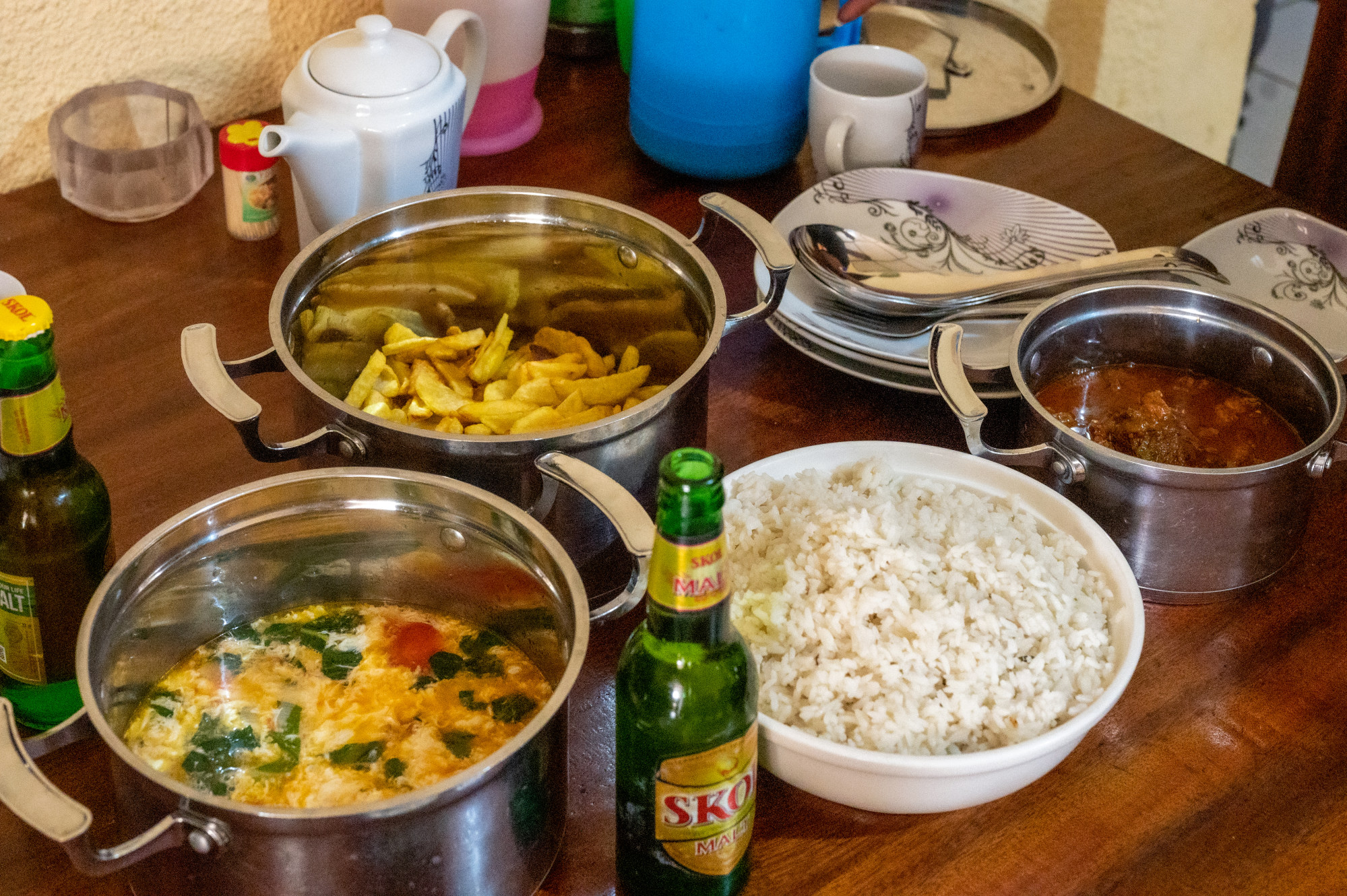As China-Rwanda ties deepen, more couples overcome cross-cultural challenges to say ‘I do’

[ad_1]
In February 2020, Chinese national Lin Jin Qiu, 32, found herself overwhelmed by a sense of helplessness in Rwanda. Halfway across the world from China, she was troubled by her inability to physically help her family during the height of the coronavirus pandemic.
Seeking a reprieve from her worries, Lin, who was in Rwanda to start a business, made a spontaneous decision to venture beyond Kigali, the capital. With no destination in mind, she packed a bag and made her way to Nyabugogo bus park, where she bought a ticket for the next departing bus.
Arriving in the western city of Gisenyi, Lin crossed paths with Muhamira Brice-Gaël, 26, a local Rwandan who approached her as he thought she was lost. At that moment, neither of them could have foreseen that this encounter would blossom into a marriage and a son, just three years later.

With the influx of Chinese businesses into the African country and a growing number of Rwandan students pursuing education in China, some Chinese and Rwandans have found love with each other along the way.
There are no official statistics available regarding the number of transnational marriages, but Richard Kubana, director general at Rwanda’s Ministry of Local Government, said the country was a welcoming one.
“In Rwanda, we are open to every culture and we are proud of it,” he said. “We even accept dual citizenship.”
Transnational couples face challenges such as living in a foreign land, cultural differences, language barriers, and religious disagreements.
Malaysia’s religious tilt drives mixed-faith couples to ‘more accepting’ places
Malaysia’s religious tilt drives mixed-faith couples to ‘more accepting’ places
Xie Gui Hua, 35, the owner of Qilan Furnitures, moved to Rwanda after her university graduation to marry Ruzagiliza Francis, 44, a sales manager. The couple first met on a train in China in 2009 and quickly bonded through mutual English and Mandarin language exchange.
When asked about their decision to settle down in Rwanda, Ruzagiliza said, “Life in China is hard. We could get a decent job, but we wouldn’t be able to live the life we want. The only place we can do business is Africa. With a small capital, there were a lot of things we could do.”
The couple run three businesses – a furniture store, a logistics shipping company and a pig farm.
For homemaker Zita Adeline Uwimana, 35, and her husband Wang, 39, a road construction engineer, work drove their decision to establish themselves in China.

The couple had planned to put down roots in Rwanda. However, when Wang’s work assignment in Rwanda ended in 2014, Uwimana moved to China with him.
Uwimana chose not to reveal her husband’s full name to safeguard his privacy.
The couple and their two children live in China’s Liaoning Province, where Uwimana shares snippets of her life in China and her journey as a mother on Instagram, where she has around 60,000 followers. .
While Uwimana’s in-laws embraced her as their daughter-in-law and were active in caring for their grandchildren, public sentiment in China remains sharply different. Uwimana still feels like an outsider, despite her proficiency in Mandarin and 10 years of living in China.

“It’s so difficult living in a homogenous country where everyone is Chinese,” said Uwimana. “We just never feel like normal people. People are always staring, asking questions, pointing fingers.
“Once, my daughter returned from a play date crying. She said, ‘They said I am a foreigner’.”
Bamboo craftsman Yu Qing Hong, 65, who is based in Rwanda, has not encountered such remarks or stares. However, locals often treat him like a tourist.
When taking motor-taxi rides, drivers routinely quote higher prices. “They try to charge me more. But I know the price, so they can’t trick me,” he said.
Yu has been working in Rwanda since 2009. In the same year, he met his partner, hair salon owner Mukandamage Joseane, 28.

They had their first child four years later, and their second child in 2021. Yu also has a son in China from a previous marriage.
When Yu first met Mukandamage, they did not speak each other’s language. However, Yu believes the language barrier is inconsequential.
“If you want to love someone but you cannot speak their language, you can [communicate with actions] instead,” he said.
To communicate with Mukandamage, Yu used a mixture of hand gestures and keywords in Kinyarwanda he learned from a Mandarin-Kinyarwanda dictionary. He also conveyed his affection by teaching her how to make bamboo furniture and spending quality time with her.

Nonetheless, the lack of a common language is not always a disadvantage. Lin, now an Airbnb host in Rwanda, said she faced no issues with her mother-in-law because they do not speak the same language.
However, religion was a barrier. Muhamira, currently a university student, is Catholic, while Lin has no religious affiliation. This difference led to conflicts regarding their son’s baptism.
“For me, being Christian helped me as a young person with my morals. That’s why I wanted my son to be Christian,” said Muhamira, who secretly baptised their son when Lin was away for work.
Upon discovering the situation, Lin was furious and the couple fought. “For my side, we should not force babies to have a religion. If he was older and he said he wanted to be Christian, sure,” said Lin, who eventually came to terms with the situation.
Despite the occasional quarrels and challenges that come with transnational marriages, Lin firmly believes that it was all worthwhile.
“I love him and I love this family. It’s as simple as that.”
[ad_2]
Source link

